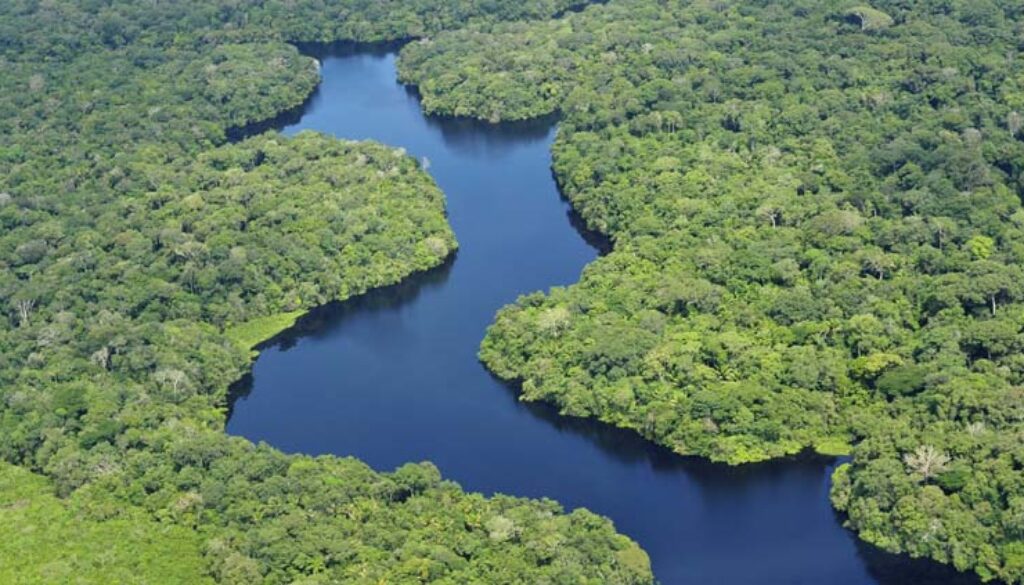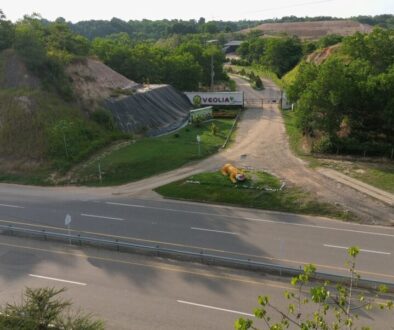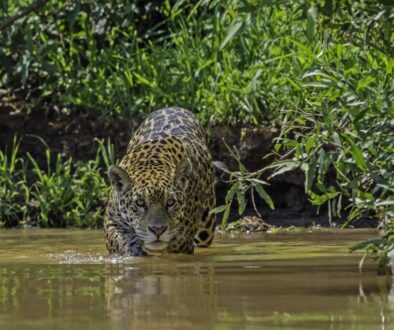Brazilian environmental policy is taking worrisome steps backward
Two recent decisions have called into question Brazil’s international image as an environmental leader. First, the Brazilian Institute of the Environment and Renewable Natural Resources (Ibama) partially approved the advancement of oil exploration in Block 59, located in the Foz do Amazonas basin. Second, the Senate approved a bill that relaxes procedures for granting environmental licenses, thereby weakening controls on activities with high potential ecological impact. These two measures, which occurred within 48 hours of each other, reveal a troubling trend of setbacks in biodiversity protection and indigenous and quilombola rights. They also call into question the country’s commitment to the policies it promotes in international forums, such as COP30.
But let’s take it one step at a time. First, consider the situation in Block 59, located about 160 kilometers off the coast of Amapá. This region boasts extremely high biodiversity and contains the world’s largest continuous mangrove belt and valuable coral reefs. Although Ibama’s authorization is partial and only allows for testing wildlife management plans, environmental organizations warn that this decision paves the way for opening the entire equatorial margin to the oil industry. These organizations claim that Petrobras’s strategic plan calls for drilling 15 wells and investing US$3 billion in the region by 2025–2029. This represents 38% of the state-owned company’s budget for exploring new hydrocarbon areas.
Marcio Astrini, the executive secretary of the Climate Observatory, said that exploring new oil sources near the Amazon before COP30 “will damage Brazil’s image as a climate leader.” The lack of prior, free, and informed consultation with indigenous and quilombola communities violates ILO Convention 169 and the Escazú Agreement provisions (which Brazil has yet to ratify).
Meanwhile, the Brazilian Senate approved a bill allowing companies to grant themselves environmental licenses and transferring the authority to classify project impacts to municipalities. The Climate Observatory states that “the law represents one of the biggest environmental setbacks in Brazil’s recent history and could leave up to 18 million hectares of Amazon forest unprotected.” The law also excludes untitled indigenous and quilombola territories from protection, leaving hundreds of traditional communities in a state of extreme vulnerability.
High-impact activities, such as mining, hydroelectric power, and agribusiness, can now be carried out without adequate studies or mitigation measures, increasing the risk of deforestation, displacement, and environmental degradation. Furthermore, approving these measures jeopardizes the fundamental rights of indigenous and quilombola peoples. These communities have denounced the lack of consultation and the threat to their territories and ways of life. The Coordination of Indigenous Organizations of the Brazilian Amazon (Coiab) and the Articulation of Indigenous Peoples of Brazil (Apib) maintain that: “It is impossible for a government to commit to an environmental policy that combats climate change while supporting the granting of licenses for projects that will have a socioenvironmental impact and increase the use of fossil fuels, which are one of the biggest obstacles to halting the climate crisis.”
A paradox arises when Brazil presents itself as a leader in climate transition by hosting one of the most important climate events, COP30, while its domestic policies demonstrate a concerning lack of consistency. Opening up oil exploration and environmental deregulation contradicts the discourse of climate leadership, endangering biodiversity, the rights of traditional peoples, and the country’s international reputation. To be a leader in energy transition and climate justice from the Global South, Brazil must prioritize environmental protection, ensure the effective participation of indigenous and quilombola communities, and honor its international commitments.





